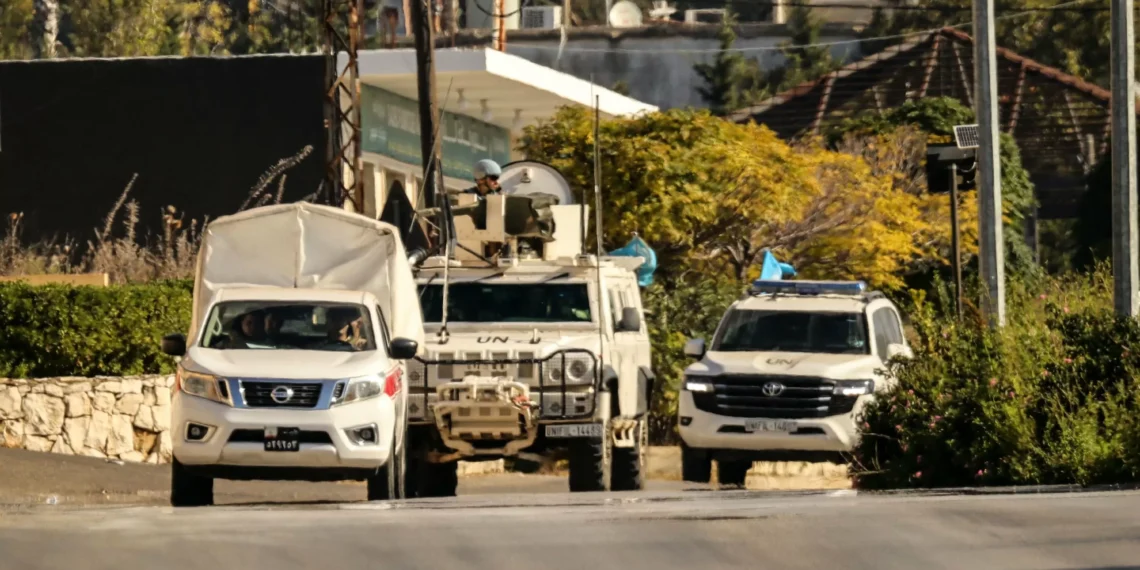The United Nations Interim Force in Lebanon (UNIFIL) has been operating in the region for over four decades, tasked with maintaining peace and stability in the volatile border between Israel and Lebanon. However, the 16 European Union countries have recently raised concerns over the effectiveness of UNIFIL’s rules of engagement, calling for a revision to better equip the peacekeeping force in fulfilling its mandate.
The call for a review of UNIFIL’s rules of engagement comes at a crucial time, as tensions in the region have been escalating in recent years. The EU countries, which contribute to the largest contingent of troops in UNIFIL, are concerned that the current rules of engagement do not provide enough flexibility for the peacekeeping force to effectively respond to emerging security challenges.
One of the main issues raised by the EU countries is the strict interpretation of UNIFIL’s mandate, which limits the peacekeeping force to act only in self-defense or in response to direct threats. This has been a hindrance in the face of emerging security threats, such as the proliferation of weapons and the presence of armed groups in the area.
The 16 EU countries argue that UNIFIL should be able to take proactive measures to prevent such threats from materializing, rather than just reacting to them. This includes the ability to conduct patrols and checkpoints in areas where there is a high risk of weapons smuggling and other illegal activities.
Moreover, the EU countries also believe that UNIFIL should have the authority to use force, if necessary, to protect civilians and maintain peace and stability in the region. This is crucial in light of the increasing number of civilian casualties and the growing humanitarian crisis in the area.
It is important to note that the EU countries are not calling for a complete overhaul of UNIFIL’s rules of engagement. They recognize the importance of the peacekeeping force’s impartiality and the need to respect the sovereignty of both Israel and Lebanon. However, they argue that a more flexible and pragmatic approach is needed in order for UNIFIL to effectively fulfill its mandate.
The EU countries have also stressed the need for better coordination and cooperation between UNIFIL and the Lebanese Armed Forces (LAF). This includes joint training and operations, as well as sharing of intelligence and information. By working closely with the LAF, UNIFIL can better understand the security situation on the ground and tailor its actions accordingly.
In addition, the EU countries have called for a review of UNIFIL’s rules of engagement to ensure that they are in line with the changing security landscape in the region. This includes taking into account the evolving tactics and capabilities of armed groups, as well as the changing political dynamics in the Middle East.
It is clear that a revision of UNIFIL’s rules of engagement is necessary in order to make the peacekeeping force more effective in maintaining peace and stability in the region. The EU countries, as major contributors to UNIFIL, have a vested interest in ensuring that the peacekeeping force is equipped with the necessary tools and authority to fulfill its mandate.
The call for a review of UNIFIL’s rules of engagement is not only in the best interest of the EU countries, but also for the people of Lebanon and Israel. The ongoing conflicts in the region have had a devastating impact on the lives of civilians, and it is the responsibility of the international community to work towards a lasting solution.
In conclusion, the 16 EU countries have rightly highlighted the need for a revision of UNIFIL’s rules of engagement. It is time for the international community to take action and ensure that the peacekeeping force is equipped with the necessary tools and authority to effectively fulfill its mandate. Only then can we hope for a lasting peace in the volatile border between Israel and Lebanon.







